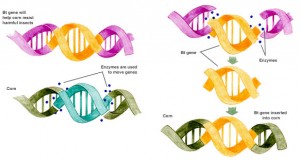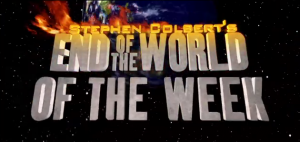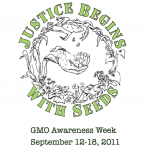 Discussing the Voyager spacecraft today, and all the ways that Carl Sagan and company were able to represent that humans have intelligent (more or less) understanding of the universe, I started to wonder.
Discussing the Voyager spacecraft today, and all the ways that Carl Sagan and company were able to represent that humans have intelligent (more or less) understanding of the universe, I started to wonder.
What are the chances that Voyager will end up on another M-Class Planet (ST:TNG) that can support humanoid life? And what are the chances that sentient life is evolving on these planets that has the same pursuit of knowledge and understanding of the universe that we do? Dolphins and gorillas are plenty smart, but probably wouldn’t know that perfect triangles don’t occur in nature. Or maybe they do know that, and I’m an anthropocentric ass.
But you know what I mean – we think that our sense of the universe and the meaning of knowledge is in some way the ‘true’ truth, but who’s to say what all the different options are for perceiving reality? All human knowledge stems from our sensory abilities and the spectrum we’re working within. What if other planets see in a different part of the light spectrum, or hear with their feet, or something totally unimaginable? Continue reading











